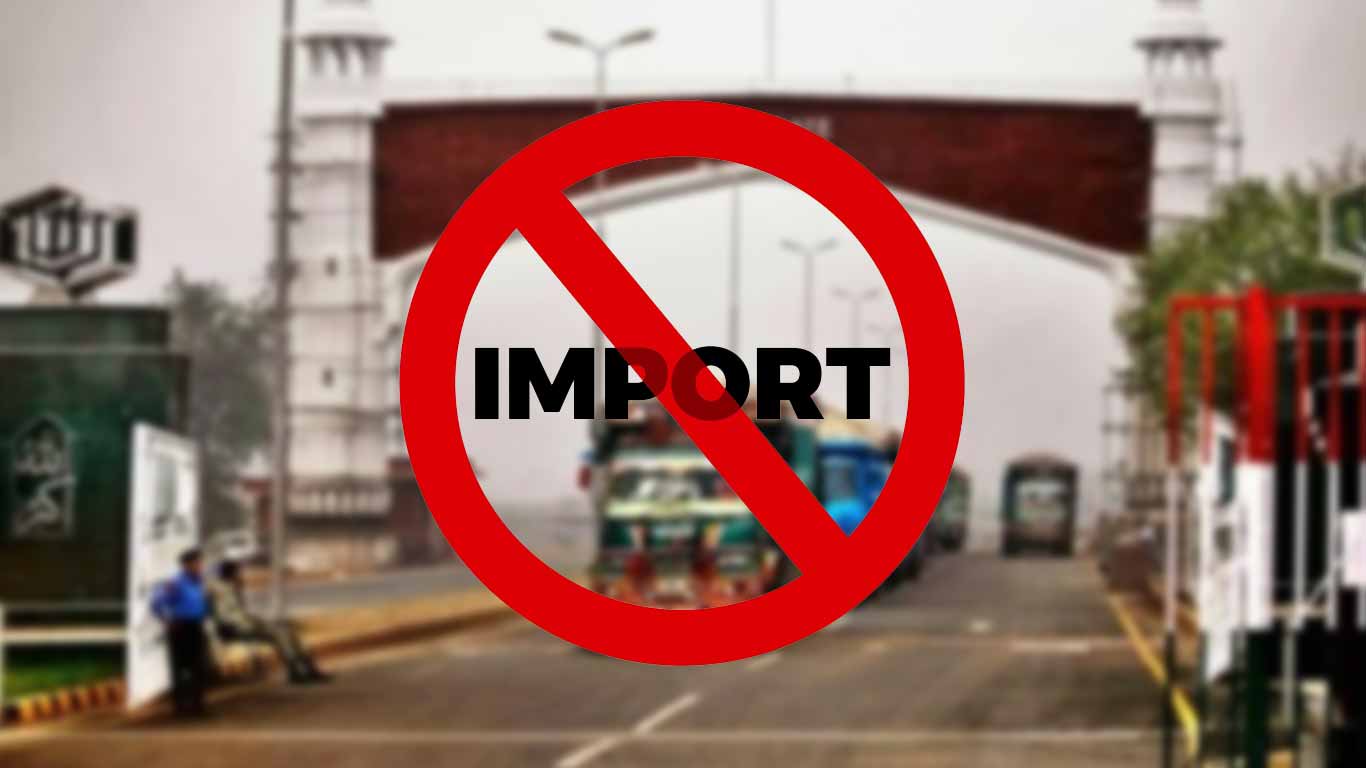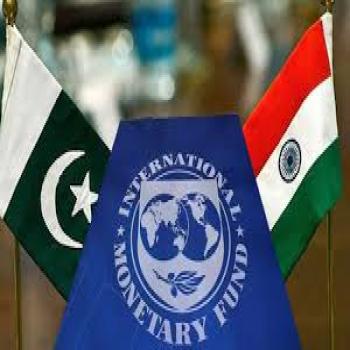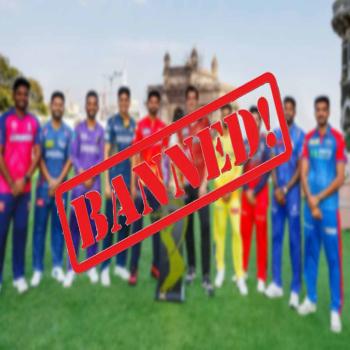India has banned all imports from Pakistan and suspended inbound mail services as tensions between the two nuclear-armed neighbors rise sharply following the recent deadly attack in Pahalgam, occupied Kashmir.
The April 22 attack, which claimed 26 lives—mostly tourists—has become a flashpoint in already fragile India-Pakistan relations. Though India has hinted at cross-border involvement, no evidence has been made public. Pakistan, on its part, strongly rejected the accusation and demanded an impartial international investigation.
In a swift response, India’s Directorate General of Foreign Trade (DGFT) issued an immediate ban on all goods originating from or transiting via Pakistan. The order, it said, was imposed “in the interest of national security and public policy.”
India also suspended the exchange of all inbound mail and parcels from Pakistan via air and land routes. This suspension was confirmed by a public notice from the Ministry of Communications, also shared by Communications Minister Jyotiraditya Scindia on his official X account.
Tensions have spiraled in recent days, with Pakistan warning of a possible Indian military incursion within 24–36 hours. In response, both countries have ramped up military readiness, while behind-the-scenes diplomatic efforts are reportedly underway to prevent escalation.
The tit-for-tat continues. Pakistan retaliated by suspending all border trade, shutting its airspace to Indian aircraft, and expelling Indian diplomats. However, in a humanitarian gesture, Pakistan recently allowed 150 Afghan trucks carrying Indian goods to cross the Wagah Border, easing a weeks-long trade bottleneck.
Meanwhile, both sides are clamping down on digital communication. India has blocked social media accounts of several Pakistani leaders and public figures, including Prime Minister Shehbaz Sharif, Defence Minister Khawaja Asif, and Information Minister Attaullah Tarar. Prominent journalists, actors, and even cricket stars have had their accounts restricted in India.
Efforts to isolate Pakistan economically and diplomatically aren’t new. After India revoked Article 370 in August 2019—stripping occupied Kashmir of its special status—Pakistan downgraded trade ties with India to the level it maintains with Israel, which means no formal trade relations.
Adding fuel to the fire, India has now barred Pakistani-flagged ships from entering Indian ports and instructed its own flagged vessels to avoid Pakistani waters altogether. The Directorate General of Shipping cited safety concerns as the reason behind this maritime freeze.
On the other side of the Line of Control (LoC), Pakistan is trying to counter India’s narrative. The Information Ministry announced a guided media tour to disputed locations along the LoC that India has allegedly described as “terrorist camps.” The goal is to present what Pakistan claims is the “truth on the ground” and to debunk what it calls “fabricated propaganda.”
In a statement, Pakistan reaffirmed its commitment to peace while warning that any Indian aggression would be “met with a swift and appropriate response.” The government also reiterated its zero-tolerance policy on terrorism.






